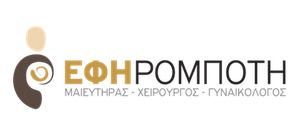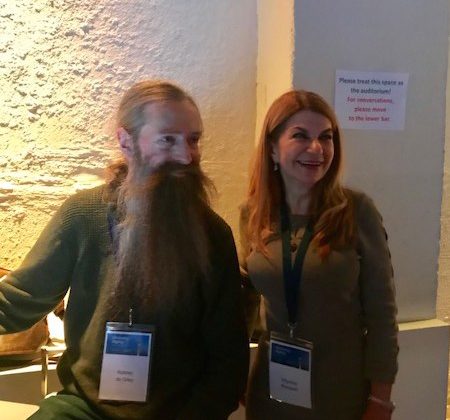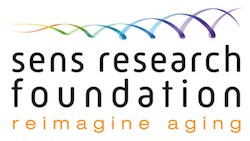

The 2018 Undoing Aging Conference
Do we have one age or more?
Dr. Steve Horvath (http://www.bri.ucla.edu/people/steve-horvath-phd-scd) is a professor of Genetics and Biostatistics of Man at the University of California, Los Angeles (UCLA).
He talked to us about the epigenetic clock.
Along with the scientific team he is leading, they are investigating ageing, cancer, cardiovascular disease, HIV, Huntington’s disease and neurodegenerative diseases.
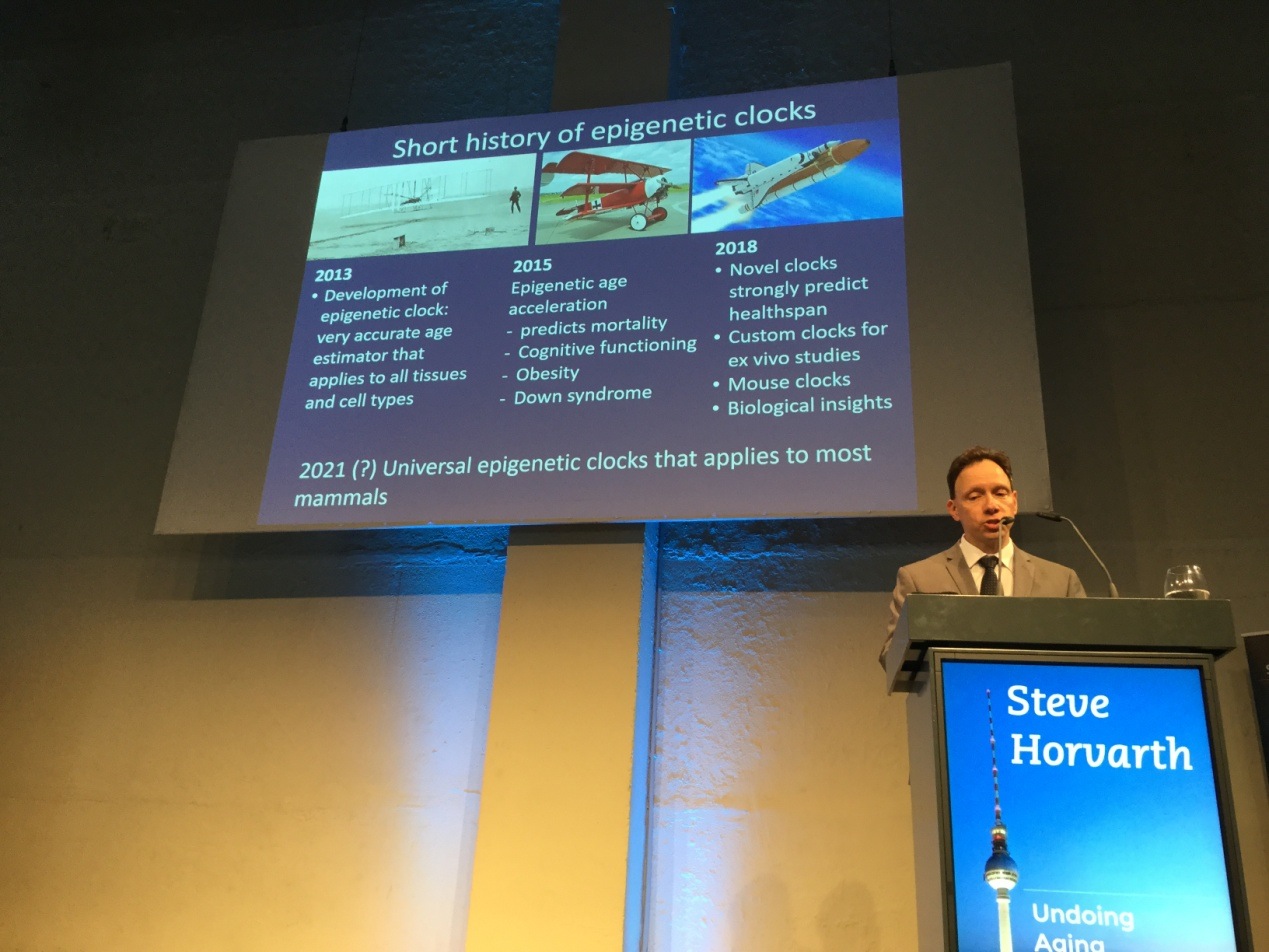
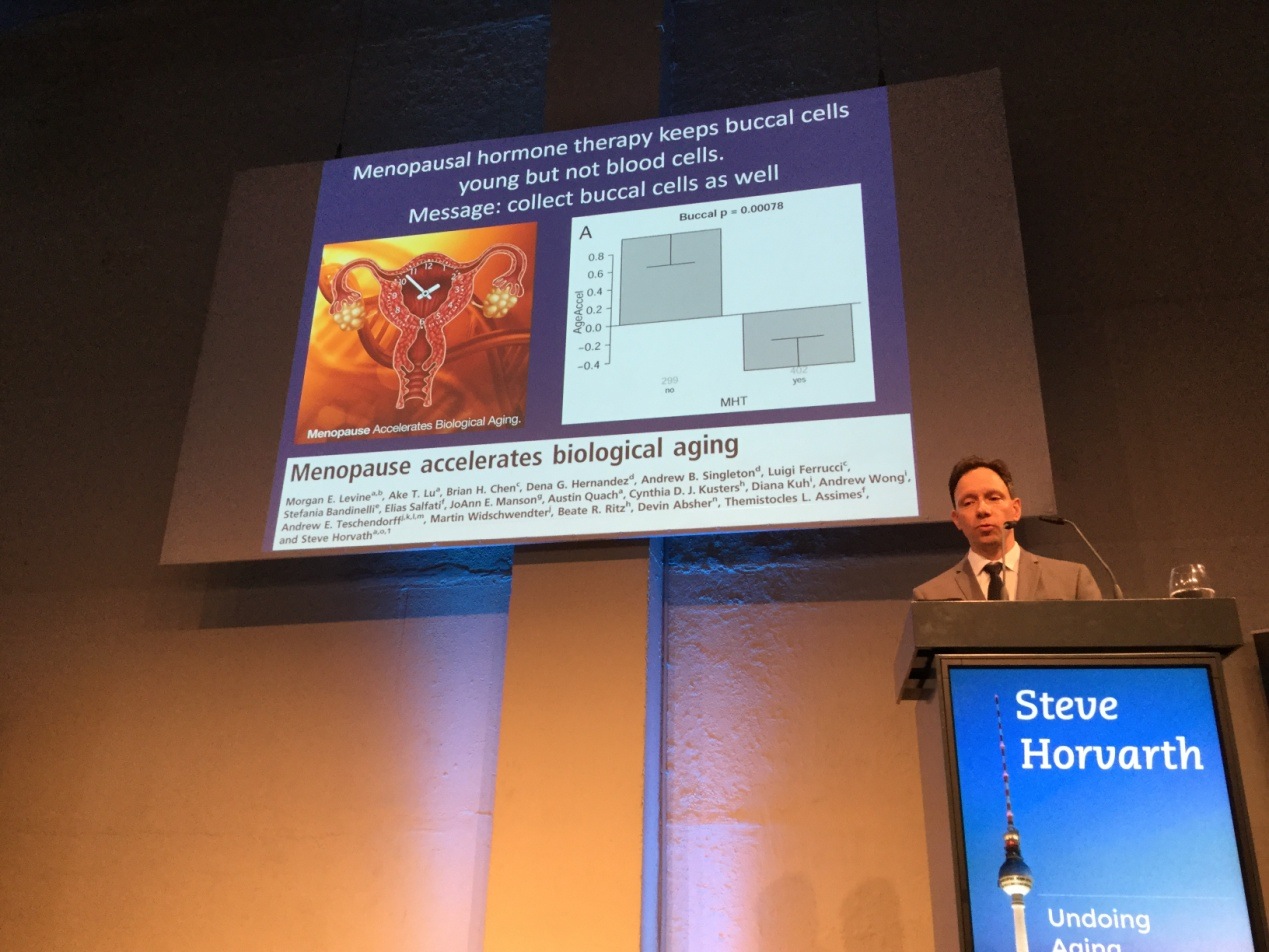
The epigenetic clock is very accurate in measuring actual age.
The biochemical markers that are usually measured such as glucose, cholesterol, etc., are indicators showing the state of a person’s health and potential illnesses, but not actual age.
So what does the epigenetic clock measure?
The chemical changes that occur in our DNA molecules as we age. It is like it controls the “rust”. Measuring the amount of “rust” in the molecules of our genetic material, we measure our biological age.
If the biological age is greater than the actual, the health issues that may concern us in the future may be predicted long before their occurrence.
In 2018, Horvath discovered the pheno-clock, which measures the effects of our habits to our health, something that the original-clock (discovered in 2013) could not estimate.
We were not surprised that the main indicator for the predictability of death is smoking.
Pregnancy, even a large number of pregnancies do not adversely affect the epigenetic clock. Surprisingly, obesity during pregnancy also does not influence it, unlike obesity in general.
The sudden anxiety that is limited in time has no effect, while chronic stress has a clear impact as it increases biological age.
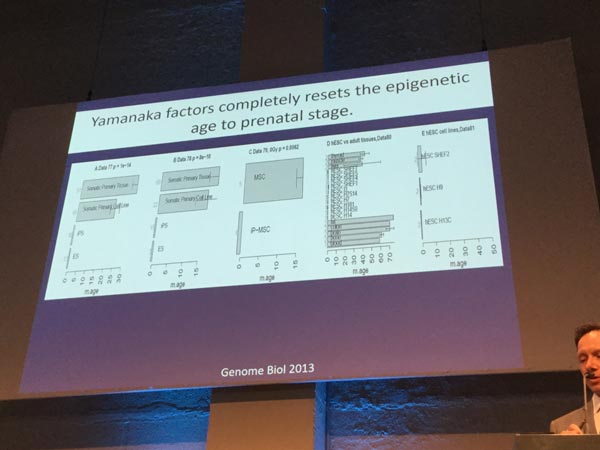
Can we now delay ageing?
Horvath is very confident that in a few years there will be cures.
The research work that has been done is immense and problems that still exist as regards the transfer of cures to humans will be solved.
As for example, the use of the Yamanaka factors in human cells, completely reverses their age. The issue is how to make them safe and accessible in terms of cost to the majority of people.
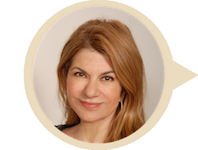
I present to you today the second part of the three articles that I will publish for the conference.
Part 2
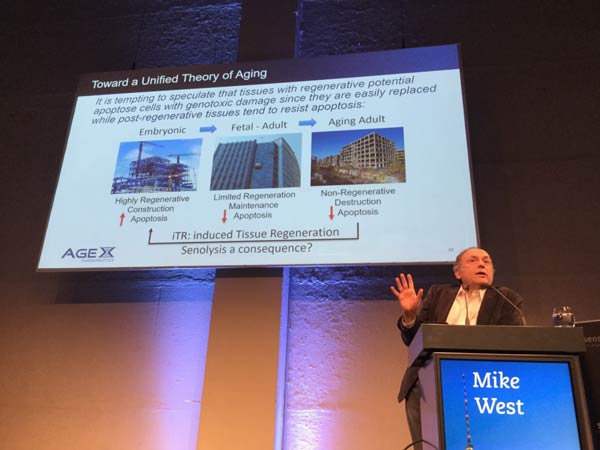
Michael West PhD, a visionary gerontology specialist, has been scientifically devoted to solve the mysteries of the biological clock.
Since its beginning, Regenerative Medicine has always been a leading figure. Founding at the beginning of the 1990s the Geron Corporation (http://www.geron.com/), it made important discoveries and with the collaborations it promoted, it led to the first isolation of human embryonic stem cells.
Today he is the leader of Age X Therapeutics (http://www.agexinc.com) and BioTime Inc (http://www.biotimeinc.com).
He explained that it is possible to control biological ageing, by combining the prevention of telomere suppression with tissue regeneration.
Our understanding of the mechanisms of action of both is rising constantly.
Funding is the biggest challenge.
Vitalik Buterin (https://en.wikipedia.org/wiki/Vitalik_Buterin), the ingenious Russian Canadian developer and creator of one of the two most powerful cryptocurrencies, the Ethereum (https://www.ethereum.org) which earlier this year donated to SENS Research Foundation 2.4 million dollars, also attended the conference.
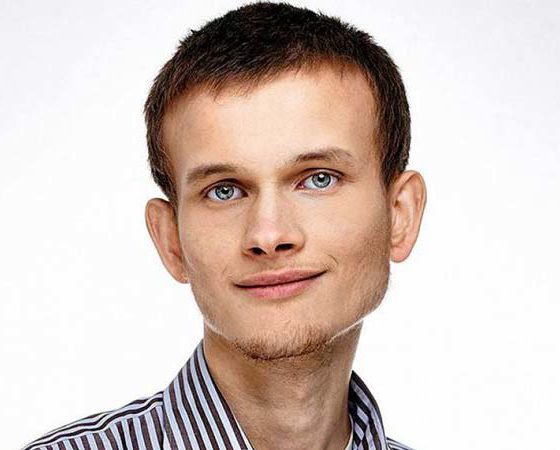
Vitalik Buterin
The “king” of Ethereum, the 24-year old Vitalik Buterin, is currently considered one of the most influential people on the planet.
He believes in anti-ageing research and closely follows its course. He believes that the end of diseases will come from regenerative, anti-ageing prevention treatments.
He is ready to increase in the future his financial support by contributing to anti-ageing research and biotechnology.
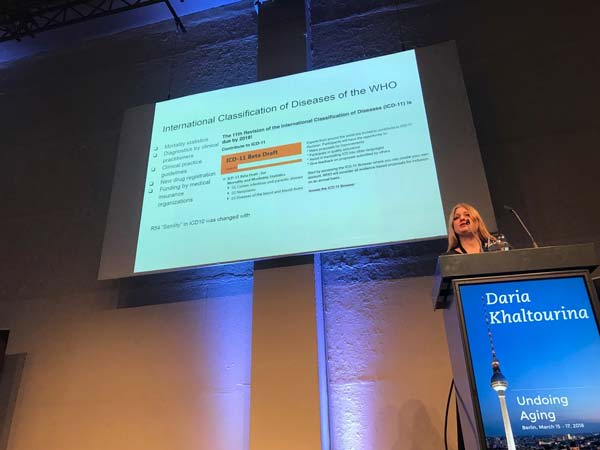
Daria Khaltourina
A lot of people though, and also a large part of the scientific community, ignore the great achievements that research work has brought to anti-ageing during the last decades.
The head of the department for the prevention of health risks of Russia’s Ministry of Health Daria Khaltourina (https://en.wikipedia.org/wiki/Daria_Khaltourina), reported that the World Health Organisation (WHO) made the revolutionary addition to the classification of diseases (ICD-II) that “people get sick because they get older.”
A struggle takes place now, to recognise ageing as a disease that leads to the disruption of body functions and hence to the diseases of older people.
Old age has all the elements of illness, i.e. the impaired functioning of our different organs and systems. This dysfunction leads to other diseases of ageing.
The fact that WHO adds now that a large number of diseases are linked to ageing or caused by it, is important because it creates opportunities for official extensive clinical studies of anti-ageing products and treatments.
 English
English Ελληνικα
Ελληνικα